Introduction to the Theory of Numbers
Divisibility. Congruences. Euler functions. Euler’s Theorem. Primitive roots. Simple diophantine equations. Quadratic reciprocity. Primality tests. The criterion of Lucas-Lehmer. Continuous fractions and diophantine approximations: the Lagrange spectrum, Khintchine’s theorem. Asymptotic estimates of arithmetic functions. Dirichlet’s theorem. Comments on the prime number theorem.
P.S..: The main book of the course of 2011 was F. BROCHERO, C.G. MOREIRA, N. SALDANHA and E. TENGAN.
Referências:
HARDY, G. H., WRIGHT, E. M. – An introduction to the theory of numbers, 3ª ed., Oxford, at the Clarendon Press, 1954.
IRELAND, K., ROSEN, M. – A classical introduction to modern numbers theory, 2ª ed., New York, Springer -Verlag, 1982 – 1990.
CASSELS, J. W. S. – An introduction to diophantine aproximations, Cambridge, at the University Press, 1957.
VINOGRADOV, I. M. – Elements of number theory, Dover, 1954.
MOREIRA, C. G., SALDANHA, N. – Primos de Mersenne e outros primos muito grandes – 22º Colóquio Brasileiro de Matemática. Rio de Janeiro. Terceira edição, IMPA, 2008.
BROCHERO, F., MOREIRA, C.G., SALDANHA, N., TENGAN, E. – Teoria dos números – um passeio pelo mundo inteiro com primos e outros números familiares, Projeto Euclides, IMPA, 2010.
* Standard program. The teacher has the autonomy to make any changes.


